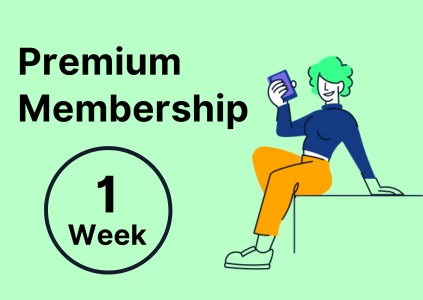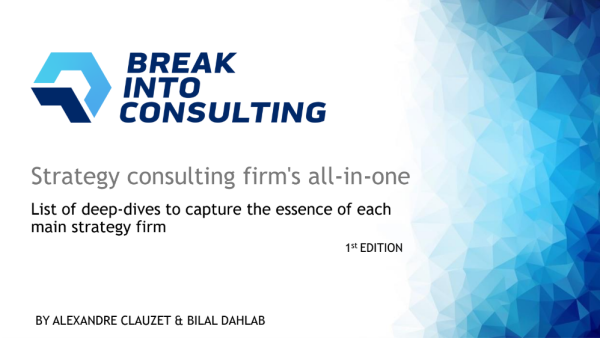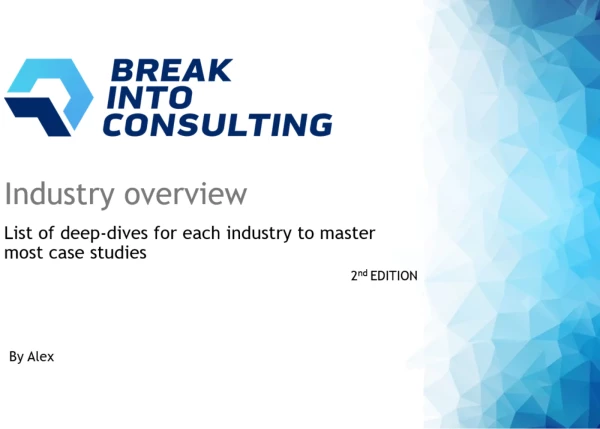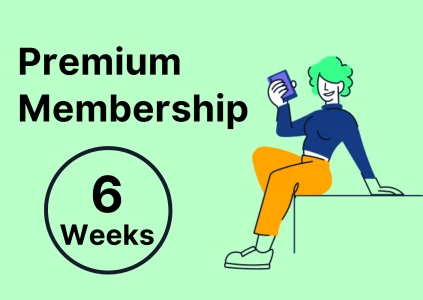Hi,
What do you think are some of the easier ways to distinguish yourself from the rest of interviewees?
Let's say we have a 2x2 matrix: rare skills and abundant skills VS easy to acquire and hard to acquire. I'm looking for rare skills that are easy to acquire. It doesn't have to be too easy, but I'm trying to contrast these skills to such skills as strong communication, which takes many years to develop.
Thank you!








